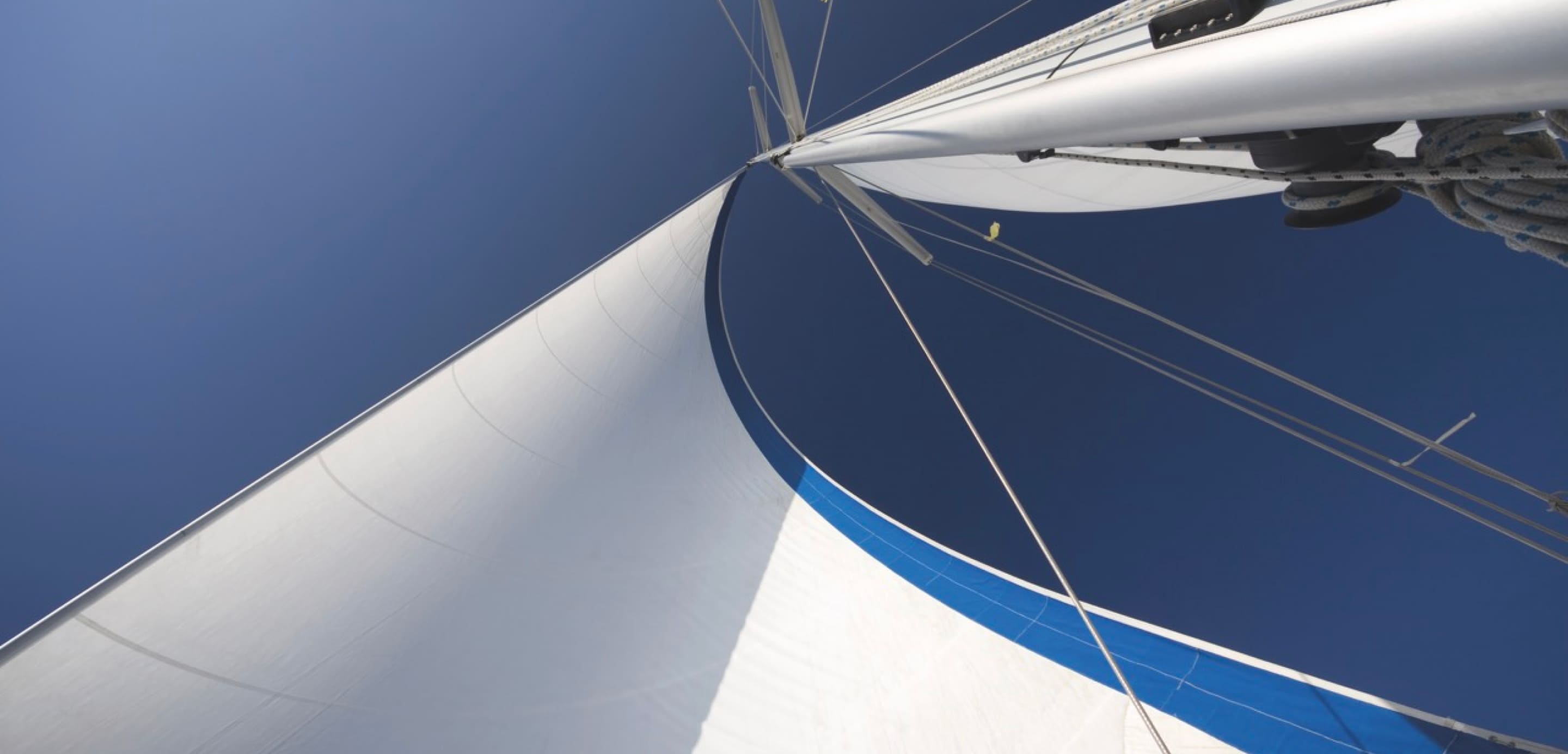
«The resilient person faces adversity and engages in a cognitive restructuring. The way of looking at a negative event changes by managing to learn from it, which can sometimes turn into opportunity». A journey into resilience guided by the inspiration of two experts: Gregg Braden and Pietro Trabucchi.
«In an age where uncertainty reigns supreme, the only thing we can be sure of is that our lives are changing with unprecedented speed and in totally unexpected ways. Therefore, it is absolutely necessary to develop resilience, or rather the ability to face and overcome the difficulties of life, both personal and professional». An American from Missouri, Gregg Braden is considered an authority on making connections between the knowledge of the past and the science, medicine, and progress of our future. In addition to being a lecturer and author of numerous and intriguing international best sellers, thanks to his ability for finding innovative solutions to complex problems, Braden was an innovation manager for the “Cisco Systems” network in the early nineties, effectively managing the global support team that ensured the reliability of today’s internet.
In this issue of EVOLVE dedicated to the topic of resilience, we started from the philosophical (and practical) thoughts of two experts who have dedicated their lives to research in this field. In addition to having read and extracted snippets from the works of the “visionary” Braden (taken in particular from the essay “The power of resilience”), we interviewed Professor Pietro Trabucchi, psychologist and sociologist, professor at the University of Verona and collaborator of the Center of research in Bioengineering and Sport Sciences of Rovereto, as well as with the Institute of Sports Sciences of Rome. You will read his answers on the following pages.
Over time, Trabucchi - who was the Psychologist of the Italian Olympic Cross-Country Skiing Team at the 2006 Turin Olympics and the psychologist of the National Triathlon Teams for many years - has been involved with training in companies on motivation and stress management. «With the Covid-19 emergency, we have been hit by a crisis of unprecedented impact and magnitude. For those who have the responsibility of people and businesses, the challenge is to accept the fact of having to experience hardships, aware that we might lose some of those privileges we have always taken for granted. The goal is not just to survive, but to navigate these months in a vital and constructive way, finding new ways and energy to start anew despite the climate of uncertainty. In the current context, individual as well as team resilience can really make the difference».

THE RESILIENT PERSON FACES ADVERSITY AND ENGAGES IN A COGNITIVE RESTRUCTURING. THE WAY OF LOOKING AT A NEGATIVE EVENT CHANGES BY MANAGING TO LEARN FROM IT, WHICH CAN SOMETIMES TURN INTO OPPORTUNITY
Resilience, says Professor Trabucchi, is the art of getting back on an capsized boat. One wonders, when life capsizes our boat, why do some drown while others struggle hard to get back on it? It is with the verb “re-salio” that the ancients defined this action. The resilient person not only faces adversity but executes a cognitive restructuring. That is, the way of looking at a negative event changes and one manages to grasp the positive elements in it. In many cases, by reacting to opposition, lessons are learned, which sometimes turn into opportunities.
Gregg Braden has also arrived at similar conclusions, convinced that human emotions influence DNA: «The power of resilience is the ability to adapt positively to change. Instead of swimming against the tide, we can express our ability to seize the opportunities that these changes offer us and experiment with new attitudes». Two authors, Trabucchi and Braden, both optimistic yet realistic, recognizing the enormous amount of work needed to enter the new world that awaits us.
From the reading of these essays, a reflection common to both emerges. The key to strengthening our resilience comes from our willingness to recognize the enormous scale of the challenge. Are we prepared to do that? The great journey that faces us today is very different from our experiences of the past: being that we are all engaged in the same excursion, we can no longer choose our partners in this adventure. This is not a trivial thought, but one that takes us into a deeply correlated and interconnected world where every transformation has some sort of repercussion for the entire planet. The globalization of the economy, climate change, the health emergency and economic crises are all factors that make us sailors of the exact same boat.
The good news - as we will see in the following snapshots - is twofold: the first that humans were designed to cope with difficulties and stress successfully. The second is that resilience can be trained and enhanced. The real challenge is getting back on the capsized boat.
A motivated leader leads by example